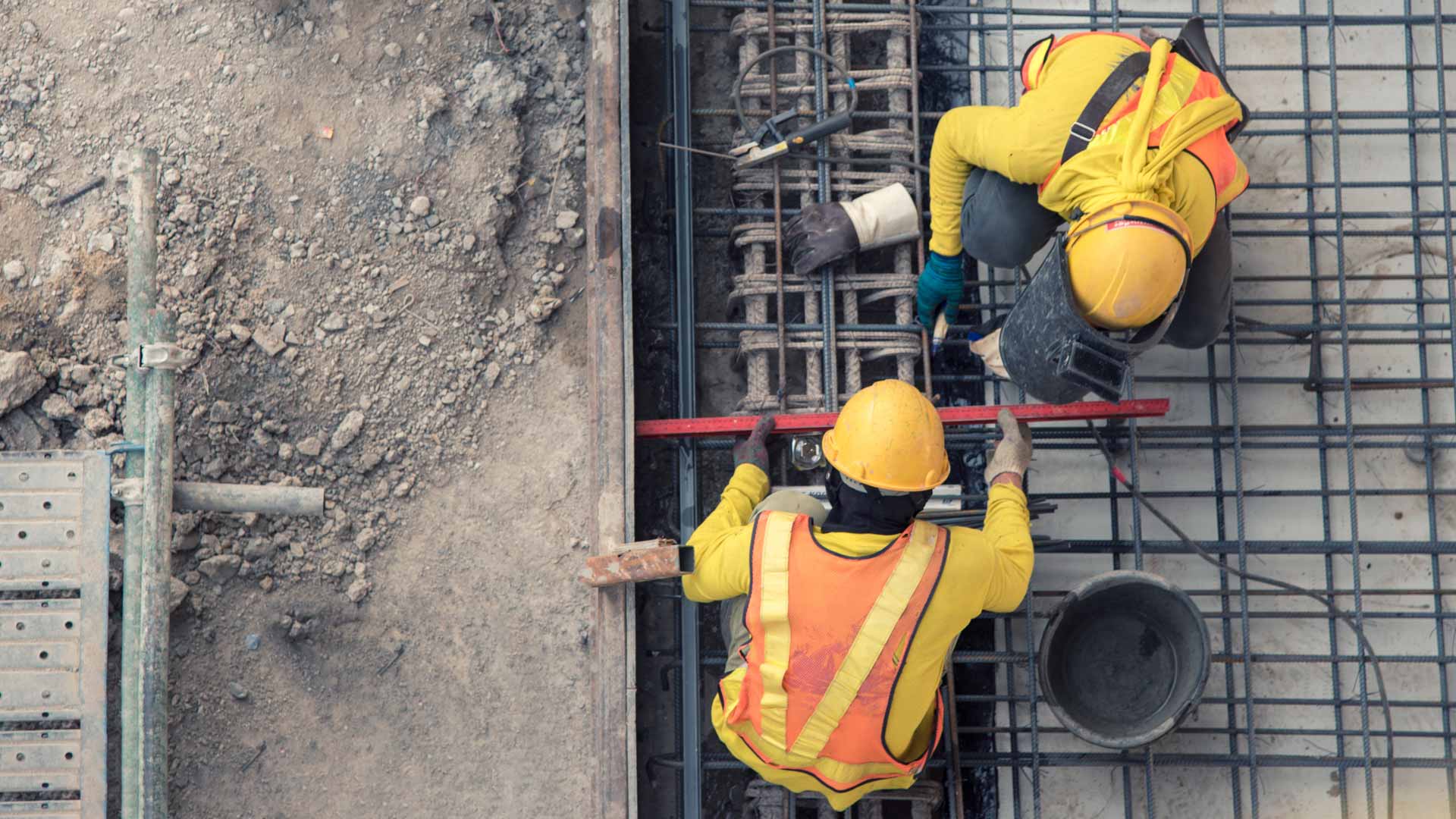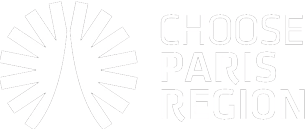
With the Olympic and Paralympic Games happening in the Paris Region this upcoming summer, an increasing number of foreign companies are contemplating the possibility of deploying their workforce to France for this grand event. When it comes to professional immigration, the procedures for employing foreign personnel in France will vary depending on whether the employee is locally contracted or seconded by an overseas employer.
To help these companies understand the rules and regulations surrounding the temporary deployment of foreign workers in France and to ensure they remain in full compliance with the law, we have called on the expertise of two trusted partners:
Alexandra DABROWIECKI, from Voltaire Avocats, a renowned law firm specializing in labor law and social security law, and Anaïs JAMOT, from Mobility Compliance Group, the leading specialists for all formalities related to corporate immigration, social security, and seconded employees.
They not only shed light on the intricacies of detachment, but also offer invaluable advice to facilitate your preparations and procedures, enabling you to make informed decisions with confidence and embark on this adventure.
What is secondment?
Secondment is the practice of temporarily assigning an employee from a business legally established in one country to work in another. When a worker is seconded to France, they remain under the jurisdiction of their foreign employer, retaining their foreign employment contract and payroll. There is no direct reporting relationship with the French host company. Once their assignment is complete, the employee returns to their regular place of work in their home country.
When does secondment apply?
Secondment can be applicable in several scenarios:
- Your employee will be providing contracted services for one of your customers in France, such as during the Olympic and Paralympic Games
- Your employee will work at a French branch office or within a subsidiary of your business group
- Your employee will be temporarily assigned to work for an end-user company in France
- You are sending your employee to work in France on your account, without external clients or service provision. In such cases, the seconded employees are not supervised by the host entity.
What are the key formalities and requirements for secondment in France?
In most cases, it's essential to begin with a pre-declaration, a vital first step that must be completed online through the SIPSI website - Online e-service provided by the Ministry of Labor - before your assignment begins. This declaration should be filed no later than 2 days before your mission's start date. There are exemptions from this process for certain short-term postings, which include artists, athletes, referees, members of sports coaching teams, apprentices on temporary assignments, and speakers at seminars and scientific events.
Moreover, for foreign-based employers, it's generally mandatory to appoint a representative in France. This representative will act as your liaison with the labor inspector and will handle the submission of necessary documents in case of an audit. The appointment of this representative usually occurs during the secondment pre-declaration.
Is French employment law applicable?
French employment law applies to seconded employees. Employers seconding employees to France must adhere to a set of fundamental regulations detailed in the French Labor Code and sector-specific industry-level collective bargaining agreements, including rules on pay, working hours, and various types of leave, such as maternity, paternity, childcare, and family-related leave.
If the secondment extends beyond 12 months, the employer is obligated to fully implement all the provisions as stipulated in the French Labor Code and the relevant industry-level collective agreement, with a few specific exceptions.
It is important to note that compliance is essential for a smooth secondment in France.
Do my employees need a work permit or visa?
For non-EU posted workers on missions lasting more than 90 days, a comprehensive immigration process is required, which includes the following steps:
- Prior secondment declaration on the SIPSI website
- Application for a work permit with a processing time of a few weeks, up to a maximum of 2 months
- Application for a long-term visa
- Update of the secondment declaration (in case mission dates change due to the work permit application process)
- Arrival in France, marking the commencement of the mission
- Validation of the long-term visa on the digital administration for foreign nationals in France - ANEF platform
- A mandatory medical examination at the French Office for Immigration and Integration (OFII) facility
EU nationals posted to France are only required to complete the SIPSI declaration and maintain valid social coverage while in the country.
What are the rules for a short-term mission of less than 90 days?
There are 2 options to be considered:
| Option 1: Work Permit + Schengen Visa (if applicable) | Option 2: Work Permit Exemption + Schengen Visa (if applicable) |
|---|---|
|
Work permit exemptions apply to short-term missions lasting up to 89 days, primarily in Audit and Expertise fields (computer science, management, finance, insurance, architecture, and engineering), covering activities such as assessments, investigations, verifications, and controls, referred to as 'audit' due to regulatory requirements. In such cases, it is advisable to issue a certificate describing the tasks and expert profiles. This certificate should be kept on record in case of an audit. Please note that a work permit exemption does not exempt the employer from other secondment requirements, which include a Schengen visa (if relevant), ensuring social coverage, and making the SIPSI declaration. |

Is French social security mandatory for my employees?
When a foreign company sends its employee on a mission to France, it must fulfill its social security obligations in France, regardless of the nationality of the posted worker (EU or non-EU).
There are 2 options:
- If there is a social security agreement between France and the employer's country, the foreign employer in the country of origin may request a secondment certificate (Certificate of Coverage). The eligibility conditions and duration of validity vary depending on the agreements. This certificate allows the employer to be exempt from social security contributions in France, and the posted worker to be exempt from registering with the French social security system.
- If there is no agreement, social contributions must be paid in France for the duration of the posting, in addition to the contributions maintained in the worker's home country. The posted worker must also register with the French social security system.
Assisting you in planning and guiding you through the process
Preparing for an immigration process involves gathering required documents and considering processing times. This includes obtaining a work permit, scheduling a visa appointment, and receiving a long-term visa in 2-3 weeks.
It is also imperative to ensure that there is a social security agreement between France and the employer's country, as failing to do so could necessitate additional formalities.
Lastly, following the principle of co-liability, both the foreign employer and the French host company share responsibility for the posting assignment. Secondment of employees is closely regulated in France, and ensuring compliance is essential to avoid any difficulties and penalties.
Thus, with proper support, processing times can be reduced for a secure project.
Our partner service providers are here to assist you by offering essential information and guiding you through the critical steps. Adequate preparation and a thorough grasp of the relevant regulations are essential for a successful secondment in France, particularly during the 2024 Olympic and Paralympic Games.
Contact them now with any questions through our Connect with our Selected Partners platform.
As you embark on your journey of expansion in France, should you desire to recruit foreign talents or have your team members embrace local French contracts, our agency, and dedicated partners are ready to provide you with the support you need. Feel free to reach out to us to explore your options further.
Choose Paris Experts

Olivier Allegret
Head of Client SolutionsExpert

